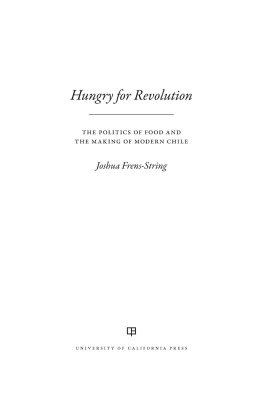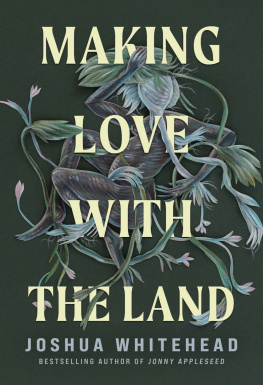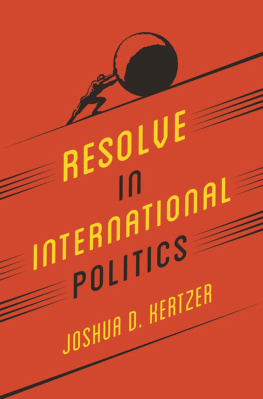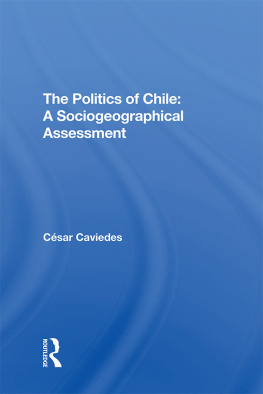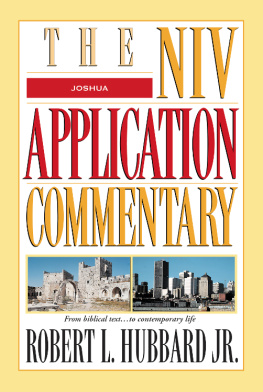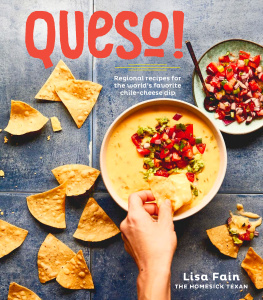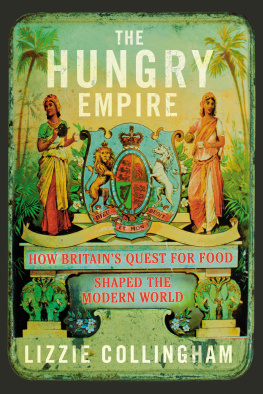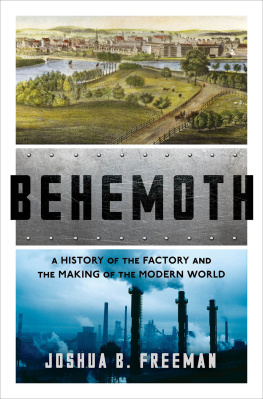The publisher and the University of California Press Foundation gratefully acknowledge the generous support of the Fletcher Jones Foundation Imprint in Humanities.
University of California Press
University of California Press
Oakland, California
2021 by Joshua Frens-String
Library of Congress Cataloging-in-Publication Data
Names: Frens-String, Joshua, 1985 author.
Title: Hungry for revolution : the politics of food and the making of modern Chile / Joshua Frens-String.
Description: Oakland, California : University of California Press, [2021] | Includes bibliographical references and index.
Identifiers: LCCN 2021003557 (print) | LCCN 2021003558 (ebook) | ISBN 9780520343368 (cloth) | ISBN 9780520343375 (paperback) | ISBN 9780520974753 (epub)
Subjects: LCSH: Food securityPolitical aspectsChile. | ChileHistory20th century.
Classification: LCC HD9014.C52 F74 2021 (print) | LCC HD9014.C52 (ebook) | DDC 338.1/983dc23
LC record available at https://lccn.loc.gov/2021003557
LC ebook record available at https://lccn.loc.gov/2021003558
Manufactured in the United States of America
30 29 28 27 26 25 24 23 22 21
10 9 8 7 6 5 4 3 2 1
Acknowledgments
The research that has gone into reconstructing the various histories in this book has extended over many years in many different locations. Most importantly, it has involved the assistance and support of countless friends, teachers, colleagues, and collaborators.
When I was an undergraduate student, the School for International Trainings program in the Southern Cone, then directed by Brenda Pererya, first introduced me to the critical work of grassroots social movements as they not only confronted the physical violence of Latin Americas Cold War but envisioned alternative economic futures as well. At the University of Michigan, my interest in the history of social movements and the Latin American left grew through classes and conversations with mentors like Gustavo Verdesio and the late Fernando Coronil. After I finished my undergraduate studies, my intellectual attraction to Latin America during the Cold War period became more defined while working and living in Washington, D.C., and Montevideo, Uruguay. Im especially grateful for the time I spent learning from and working with the late Marcus Raskin at the Institute for Policy Studies, Peter Kornbluh at the National Security Archive, and members of the Open Society Institutes Latin America Program. Im also indebted to the Fulbright program, which provided me an opportunity to study at Montevideos Universidad de la Repblica and Centro Latinoamericano de Economa Humana (CLAEH) while researching Uruguays New Left of the 1960s.
I drafted a skeleton of what became this book when I was a graduate student in the History Department at New York University. Greg Grandin served as a scholarly example, adviser, and constant advocate of my own research and writing. The dissertation I completed in 2015 would have been impossible without the collaborative counsel of the broader NYU faculty. Im especially grateful for the mentorship of NYUs eminent group of Latin American historians, particularly Barbara Weinstein, Sinclair Thomson, Ada Ferrer, and Alejandro Velasco. Special thanks is due to Alejandro. Ill forever be proud of our work resurrecting the still vital NACLA Report on the Americas.
The graduate school experience is only as rich as the camaraderie one shares with his/her fellow graduate students. For that I feel truly fortunate. Sincerest thanks to friends and intellectual interlocutors during my time at NYU, especially Christy Thornton, Stuart Schrader, Claire Payton, Ernesto Semn, Carmen Soliz, Michelle Chase, Jennifer Adair, Aldo Marchesi, Daniel Rodrguez, Natan Zeichner, Federico Sor, Tony Wood, Sara Kozameh, Rachel Nolan, David Klassen, Marcio Siwi, Anasa Hicks, Gabriel Rocha, Alex Manevitz, Katy Walker, Julia Leiken, Geoff Traugh, Samantha Seeley, and Tej Nagaraja.
With many of the aforementioned friends, political experiences and accomplishments overlapped with academic ones. Thank you to the tenacity of union comrades like Daniel Aldana Cohen, A. J. Bauer, and other founding members of NYU Academic Workers for a Democratic Union. I will always hold special admiration for AWDU bargaining committee members Ella Wind, Ayesha Omer, Natasha Raheja, David Klassen, and Shelly Ronen (WORKR), who modeled moral clarity to the graduate workers of GSOC-UAW Local 2110 during a long contract fight in 201415.
Conversations that occurred at various stages of this project, particularly with fellow scholars of Chile, also helped this book take shape. For insights on that long road, I thank Marian Schlotterbeck, Tanya Harmer, Rodrigo Henrquez, Soledad Zrate, Fernando Purcell, Toms Arizta, Martn Arboleda, Marianne Gonzlez le Saux, Alfonso Salgado, Andra Chastain, Michael Lemon, Peter Krupa, Ona Flores, Steven Bodzin, Juan Andrs Abarca Castro, Reed Kurtz, and Macarena Guerrero. As I have completed both the dissertation and book, Ive also had the unwavering support of Peter Winn, whose inimitable Weavers of Revolution inspired me (and many others) to pursue a career as a historian.
In Chile, the Marambio/Castro family opened their home in La Reina to me on various Santiago research visits. Thank you also to the many archivists and librarians in Chile and elsewhere who helped locate key documents. Without such hospitality and assistance, the at times alienating work of doing history would have been far less productive and enjoyable.
The process of revising my original dissertation into a book manuscript occurred largely at the University of Texas at Austin. Thank you to my generous colleagues in the Latin American history program and at UTs Teresa Lozano Long Institute of Latin American Studies (LLILAS), especially Ann Twinam, Matthew Butler, Seth Garfield, Ginny Garrard, Jonathan Brown, Lina del Castillo, Jorge Caizares-Esguerra, and Susan Deans-Smith. The support and feedback of colleagues Julie Hardwick, Megan Raby, Abena Dove Osseo-Asare, Ashley Farmer, Al Martnez, Michael Stoff, and Daina Ramey Berry were also appreciated as I finished the book. Ahmed Deidan de la Torre aided with crucial translations. Nathan Stone graciously tracked down final documents and offered suggestions on the draft manuscript. UTs College of Liberal Arts generously supported this book through its Humanities Research Award Program. On multiple occasions, Jackie Jones, as chair of the History Department, provided the time and resources that I needed to complete research and writing. Miriam Bodian, as director of UTs Institute for Historical Studies, offered forums for that research to be shared with a broader audience. Special thanks to the UT History Departments tremendous administrative staff, especially Art Flores, Jackie Llado, Courtney Meador, Martha Gonzalez, and Michael Johnson, for the regular assistance they provided.
Heidi Tinsman and Natalia Milanesio joined Ann Twinam, Matthew Butler, Seth Garfield, and Julie Hardwick in offering insightful comments on a draft of the manuscript as I embarked on revisions. I am forever grateful for Audra Wolfes sharp editing eyes and encouragement. Her close reading of each chapter undoubtedly made the final product far better than it otherwise would have been. Also, for their suggestions on conference papers and early draft chapters that, in one form or another, have made their way into this book, I thank Brodwyn Fischer, Nara Milanich, Gabrielle Kuenzli, Augustine Sedgewick, Steve Volk, and Rachel Laudan. Participants in Columbia Universitys Latin American History Workshop provided helpful feedback on the books final chapter while I was a visiting scholar at Columbias Institute for Latin American Studiesa stay that was facilitated by the generosity of John Coatsworth.



